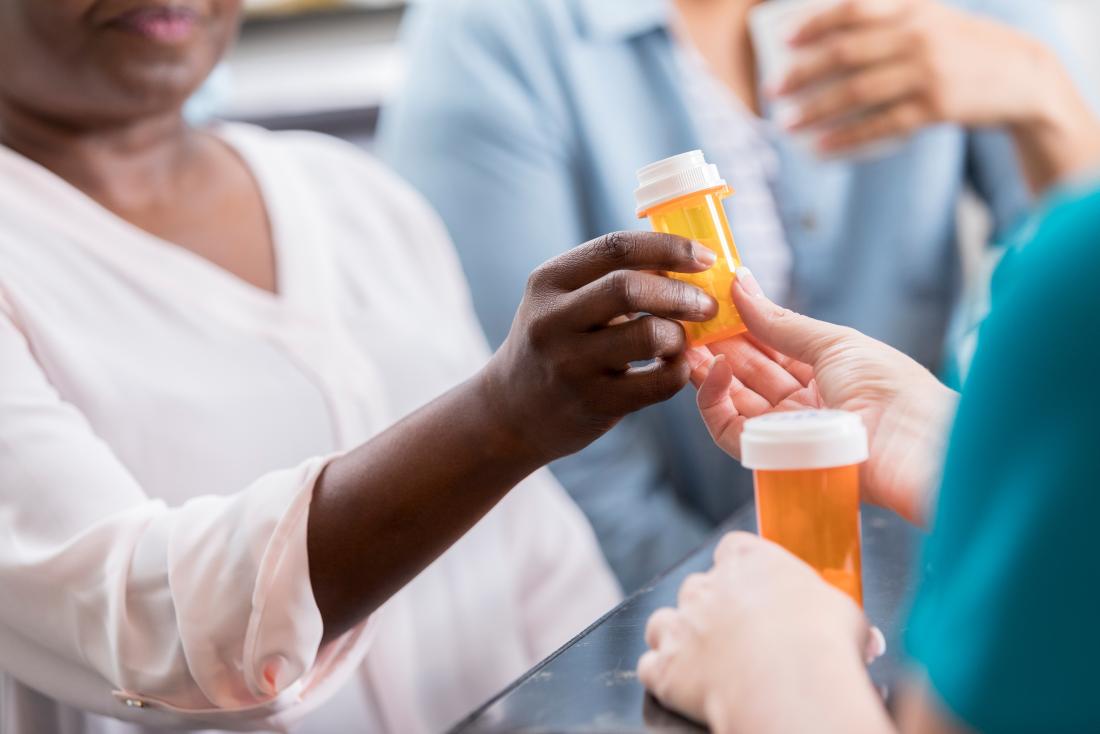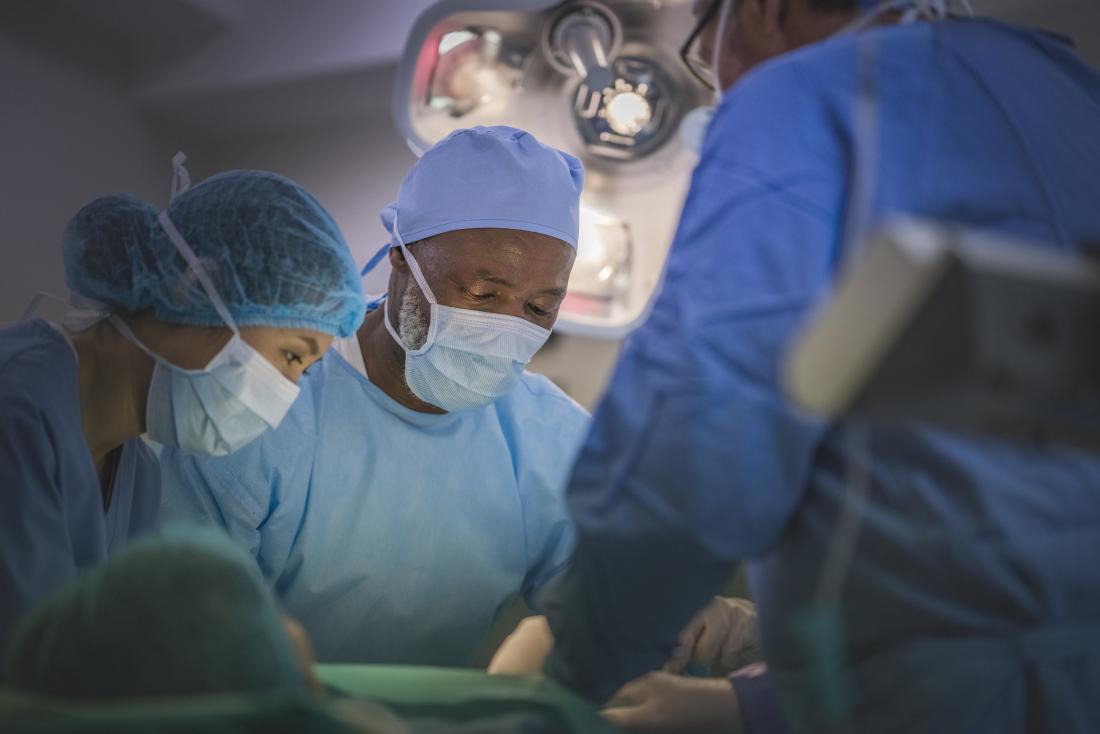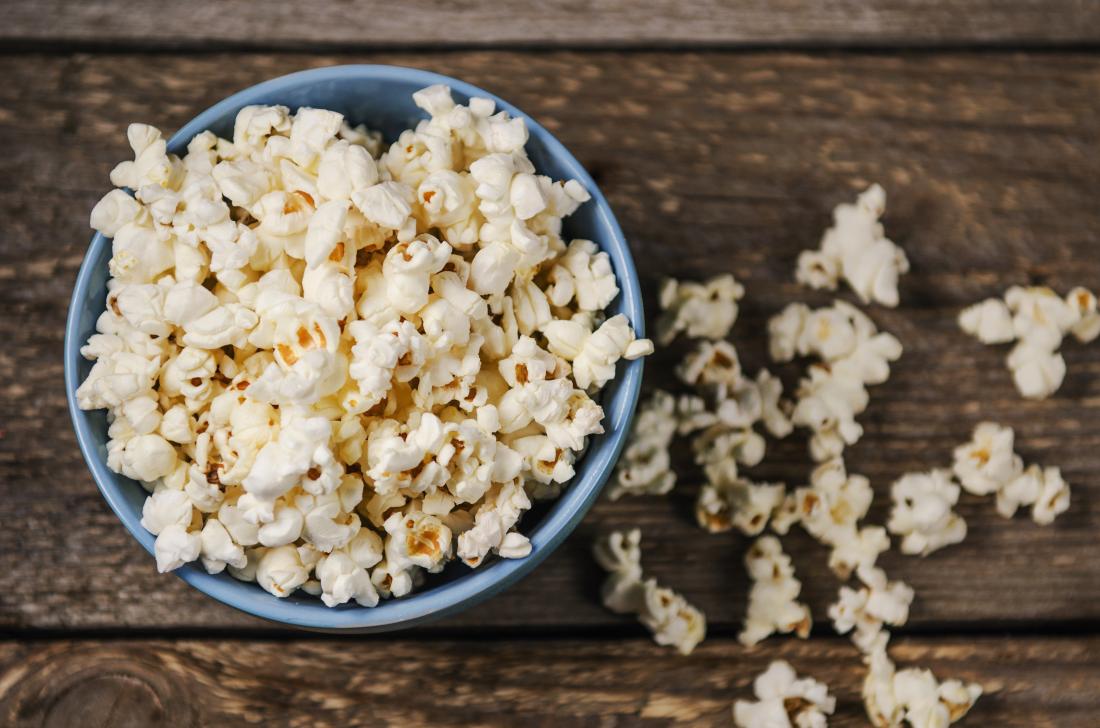Symptoms can include:
- loose or urgent bowel movements
- persistent diarrhea
- abdominal pain
- bloody stools
- loss of appetite
- fatigue or extreme tiredness
Ulcerative colitis (UC) tends to follow a relapsing-remitting path. This means that people will have times when their symptoms get worse, followed by periods when they are less severe. The condition affects everyone differently, and the type of treatment a doctor recommends will depend on the severity of the disease.
Medications
There is no cure for UC, but there are several medications that may relieve the symptoms. The type of medicine a doctor prescribes will depend on how severe the disease is.
Medications may include:
Aminosalicylates

A doctor may prescribe medication to treat the symptoms of ulcerative colitis.
Aminosalicylates are a group of drugs. Doctors also call them 5-ASAs because they contain the anti-inflammatory 5-aminosalicyclic acid.
Doctors usually prescribe them to people who have mild or moderate symptoms and may include:
- balsalazide
- mesalamine
- olsalazine
- sulfasalazine
Possible side effects include:
Corticosteroids
People commonly refer to these medicines as steroids. They work by decreasing the activity of the immune system, which is the cause of the inflammation.
Doctors usually prescribe steroids for people who experience more severe symptoms. However, they may be a potential option if 5-ASAs are not effective.
Steroids that may treat UC include:
- budesonide
- hydrocortisone
- methylprednisone
- prednisone
Possible side effects include:
Immunomodulators
These are a group of medicines that reduce the activity of the immune system. Doctors tend to prescribe them to people who do not get better by taking 5-ASAs.
Immunomodulators include:
- azathioprine
- 6-mercaptopurine, or 6-MP
People need to take them long-term, and these medicines can take up to 3 months to start working.
The drugs can cause abnormal liver function and pancreatitis. Taking immunomodulators can also put someone at higher risk of developing skin cancer or lymphoma, which is a blood cancer. People with UC will usually need to visit a doctor regularly to check for signs of these conditions.
Other possible side effects include:
- feeling tired
- susceptibility to infection
- feeling and being sick
Biologics
Biologic medications also work by reducing the inflammation in the gut, and people take them on a long-term basis. Doctors usually prescribe them to people whose condition does not respond to any other medications.
They include:
Possible side effects include:
- susceptibility to infection
- higher chance of developing skin cancer
- the skin condition psoriasis
Doctors may also recommend Vedolizumab when other treatments have not been successful. Side effects can include headache, pain in the back, arms, legs or joints, and itchy skin, or a rash.
Medical treatments

Surgery may resolve some cases of ulcerative colitis.
Some people with UC will require surgery. This usually resolves the condition by removing the entire colon.
There are a few reasons that surgery may be the best option, including when the individual has colon cancer or precancerous cells in the colon. A doctor may also recommend surgery if someone has serious complications or does not get any better while taking medication.
There are two types of surgery for treating UC:
Proctocolectomy and ileostomy
A proctocolectomy involves removing the whole colon, including the rectum.
Doctors also refer to an ileostomy as a stoma. For this procedure, a surgeon inserts the end of the small intestine through an opening in the outside of the person’s stomach, just above the waistline area.
The surgeon then connects an ostomy pouch or stoma bag to the opening. It means the contents of the small intestine collect in the removable bag, rather than passing out through the anus. This is permanent.
Proctocolectomy and ileoanal reservoir
In this procedure, surgeons remove the colon and rectum. The surgeon then creates an ileoanal reservoir, which doctors may call a J-pouch, at the end of the small intestine and connects it to the anus.
It means that waste stores in the reservoir before passing through the anus. People who have this operation do not require a stoma.
Possible side effects of an ileoanal reservoir include:
Some people may develop a condition called pouchitis. This is when the lining of the ileoanal reservoir becomes irritated or inflamed. Doctors usually treat it with antibiotics.
Natural treatments
Some people with UC may find the following alternative treatments effective.
Nutrition

A person with ulcerative colitis should avoid popcorn.
While poor nutrition does not cause UC, it can have an impact on symptoms. Some food or drinks might be triggers, meaning that they cause the symptoms to get worse.
Triggers are different for everyone. Healthcare professionals may recommend that people keep a food diary, so they can track what might trigger their condition.
In general, doctors advise people with UC to:
- avoid fizzy drinks
- avoid popcorn, vegetable skins, nuts, or other foods that are high in fiber
- drink plenty of water
- eat little and often
Probiotics
People commonly refer to probiotics as friendly or good bacteria. Probiotics are products that boost the levels of beneficial bacteria in a person’s gut. They are available as supplements, yogurts, and drinks.
There is some evidence that probiotics can help ease the symptoms of UC. They are safe to take, though they may cause mild side effects, such as gas or bloating.
Vitamins
Some people with UC may benefit from taking certain vitamin supplements. Taking steroids for a long time can lead to poor bone health so calcium can be beneficial. People with UC may also be at risk of developing anemia, so doctors may recommend iron supplements.
Aloe vera
Typically, people use aloe vera to help wounds heal and to relieve pain, but many people also believe it can reduce inflammation. Some people with mild to moderate UC believe that drinking aloe vera juice helps their symptoms.
However, there is no scientific evidence for this. It is also worth noting that aloe vera can have a laxative effect when consumed as a food or drink.
Takeaway
UC is a long-term condition of the colon. It causes inflammation and ulcers that can cause symptoms such as diarrhea, abdominal pain, and fatigue.
Some medications and treatments can help manage the condition. Which is appropriate will depend on the severity of the disease.
For some people, surgery may be the best option.
